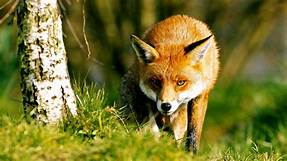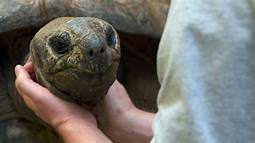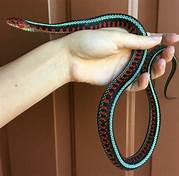Can You Own a Penguin as a Pet?
Penguins are adorable, flightless birds that are native to the Southern Hemisphere. Known for their tuxedo-like appearance and comical waddling gait, penguins have captured the hearts of many people worldwide. Naturally, some individuals may wonder if it's possible to keep a penguin as a pet. However, several factors must be considered before making this decision.

Legality:
1. Laws and Regulations: The legality of owning a penguin as a pet varies by country and region. In some jurisdictions, it is strictly prohibited to keep penguins in captivity without a special permit or license. These regulations are in place to protect endangered penguin species and ensure their welfare.
2. Wildlife Protection: Penguins are wild animals, and they are best suited to their natural habitats. Removing a penguin from its natural environment can disrupt its social structure, breeding patterns, and overall well-being.
Habitat and Care Requirements:
1. Specialized Diet: Penguins have specific dietary needs that can be challenging to replicate in a captive environment. They typically consume a diet of fish, squid, and krill, which may not be readily available in all locations.
2. Aquatic Environment: Penguins are adept swimmers and spend a significant portion of their time in the water. Providing a suitable aquatic environment for a penguin in captivity can be complex and expensive.
3. Social Interactions: Penguins are social creatures that live in colonies. Keeping a single penguin in captivity can lead to isolation and loneliness, affecting its overall well-being.
Temperament and Behavior:
1. Wild Instincts: Despite their endearing appearance, penguins remain wild animals with unpredictable behaviors. They can exhibit aggressive or defensive behaviors when feeling threatened or stressed.
2. Biting and Scratching: Penguins have sharp beaks and claws that they use for catching prey and defending themselves. These can cause significant injuries to humans if provoked.
3. Messy Habits: Penguins produce a substantial amount of guano (droppings), which can be difficult to manage and maintain in a residential setting.
Ethical Considerations:
1. Captivity vs. Natural Habitat: Keeping a penguin in captivity deprives it of the freedom to roam, explore, and engage in natural behaviors. This can lead to boredom, frustration, and psychological distress.
2. Exploitation of Wildlife: Owning a penguin as a pet can perpetuate the idea that wild animals are commodities for human entertainment. It encourages the exploitation of wildlife and disregards their inherent value and rights.
Conclusion:
Considering the legal, ethical, and practical challenges associated with owning a penguin as a pet, it is strongly discouraged. Penguins belong in their natural habitats, where they can thrive and fulfill their ecological roles. Instead of keeping a penguin in captivity, individuals can admire these remarkable creatures through conservation efforts, wildlife documentaries, or educational visits to zoos and aquariums.
Declaration: All article resources on this website, unless otherwise specified or labeled, are collected from online resources. If the content on this website infringes on the legitimate rights and interests of the original author, you can contact this website to delete it.





